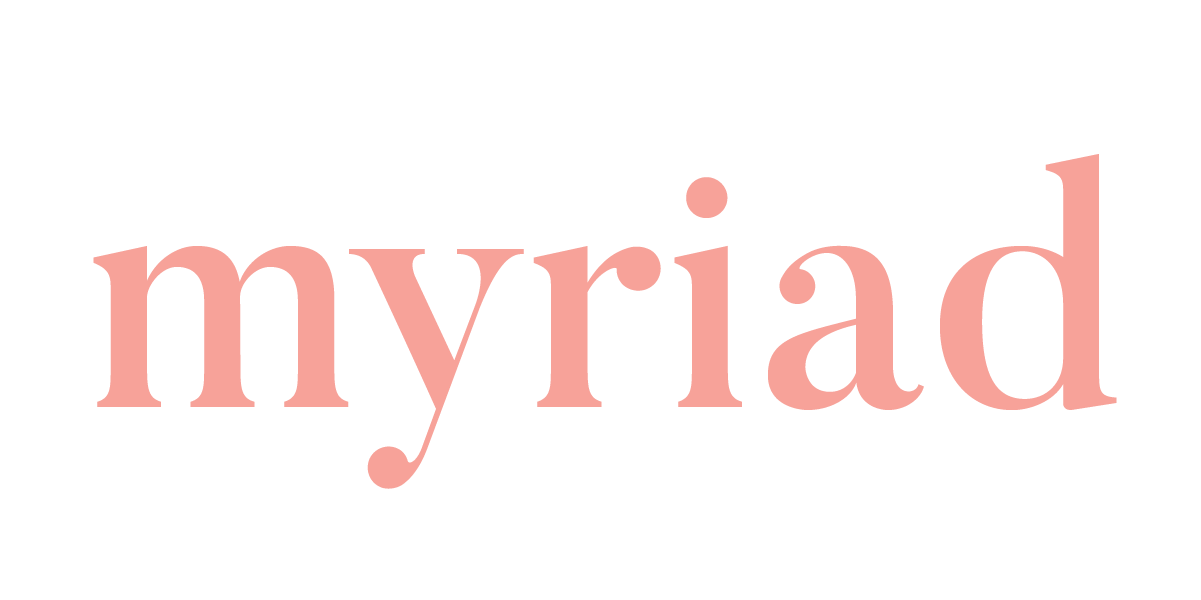
Maintenance Culture Frequently Asked Questions
Should I apply to participate in a workshop?
If most of the statements below describe you, the workshop will probably be a good fit. You...
Work at a cultural heritage institution (library, archive, museum)
Work at an institution that is actively collecting complex, born-digital, creative works, OR, is ready to start collecting those works after gaining more in-house expertise
Are comfortable with basic digital preservation concepts
Have a role in decision-making or implementation of digital preservation practices at your institution
Are interested in participating in a local community of practice for sustaining access to born-digital, creative works
I have no prior experience with digital preservation - can I attend a Maintenance Culture workshop?
The workshops assume a basic level of technical knowledge and familiarity with digital preservation concepts. One way to measure this is to look at the Digital Preservation Coalition’s Digital Preservation Handbook. If the concepts and terms within that resource are familiar to you, then you are probably prepared. The workshops will build on your existing knowledge, expanding into preserving more complex, born-digital objects.
You may attend if you have no prior experience with digital preservation, but, you may have to do some reading beforehand to prepare and get the most out of the workshop. Start with the pre-workshop curriculum, and explore resources linked within it. Workshop facilitators will not be teaching basic digital preservation concepts.
How will you select applicants to participate in Maintenance Culture workshops?
Applications will be reviewed by Myriad Staff for selection to participate in workshops. We are prioritizing the following people for participation in Maintenance Culture workshops:
Workers at small to mid-sized cultural heritage institutions, including archives, libraries, museums, historical societies, other long-term collectors of creative digital works
People from communities that have been historically marginalized and unrepresented in preservation work, including people who identify as Black, Indigenous and People of Color
Staff at institutions that steward significant collections or materials that are created by BIPOC or LGTBQ+ communities
Staff at institutions that serve significant BIPOC or LGBTQ+ communities
Individuals who have some experience with digital preservation and are seeking to build upon that foundation of knowledge
People who work at institutions that are actively collecting born-digital creative works or institutions that are planning to start collecting born-digital creative works in the near future
Can more than one person from my institution register for a workshop?
Yes! We prefer if more than one person from an institution attends a Maintenance Culture workshop. We think it helps promote continuation of the work after learning, and sustaining the knowledge within the institution. If you are applying to attend a workshop, please consider asking a colleague to join you.
Is there a cost to attend Maintenance Culture events?
No. All Maintenance Culture events are free of charge. The project is supported by a grant from the National Endowment for the Humanities.
How can I cancel my workshop registration?
To cancel your registration email us at myriad@myriadconsultants.org.
Are there plans for Maintenance Culture communities in other regions, beyond Baltimore, Houston, Los Angeles, the Midwest, New Orleans, and Seattle?
Myriad hopes to continue expanding and creating Maintenance Culture communities in other areas, but there are no concrete plans for any specific areas yet. A good way to keep up is to sign up for our newsletter or follow us on Twitter.
Maintenance Culture has been made possible in part by a major grant from the National Endowment for the Humanities: Democracy demands wisdom.
Any views, findings, conclusions, or recommendations expressed on this website do not necessarily represent those of the National Endowment for the Humanities.

